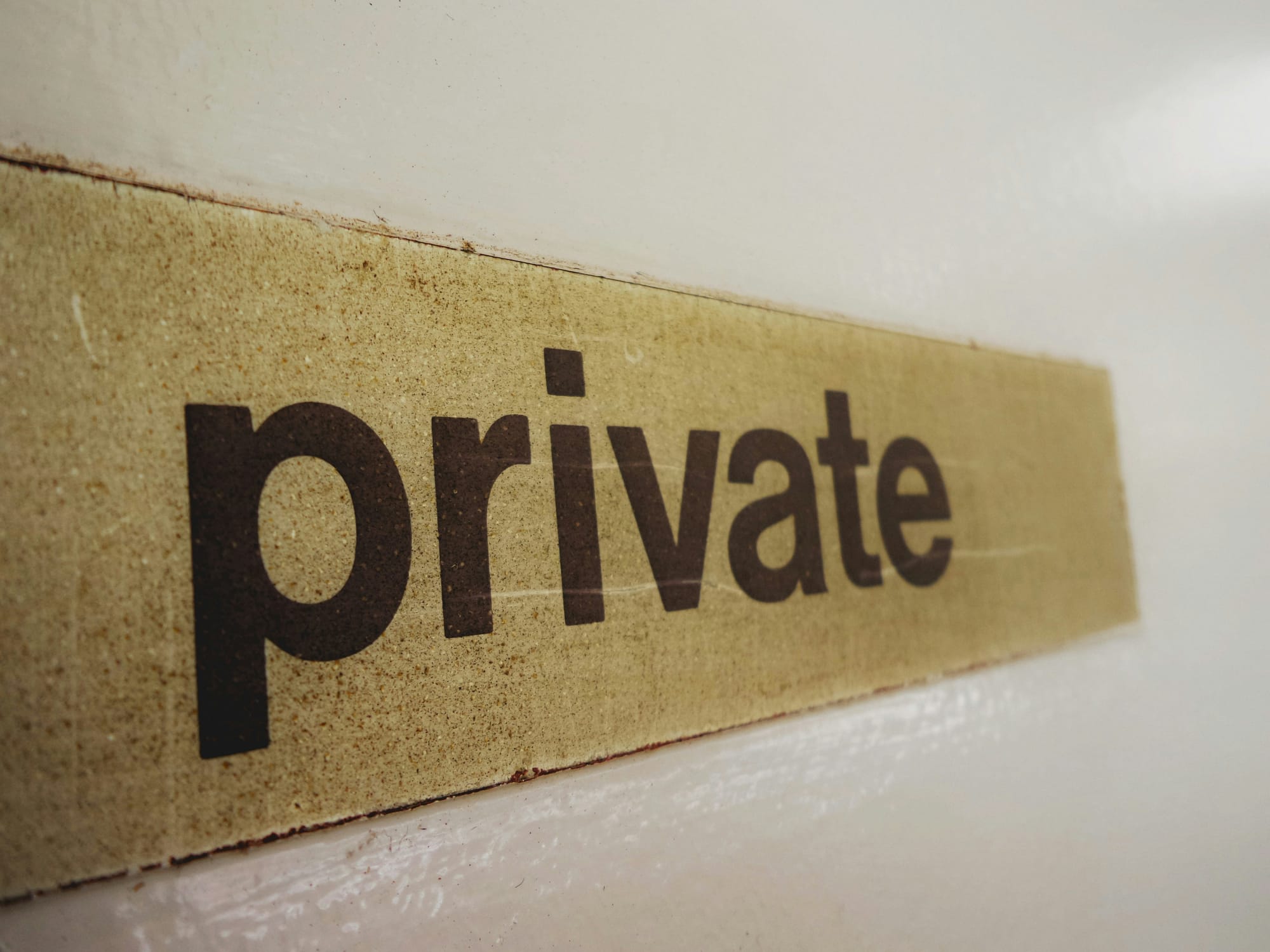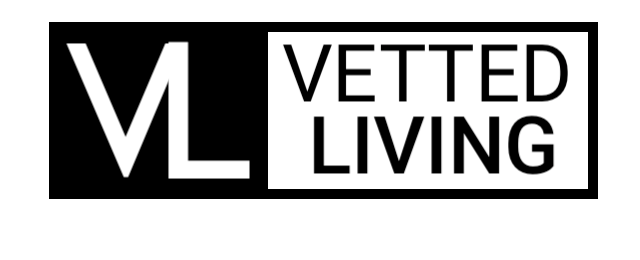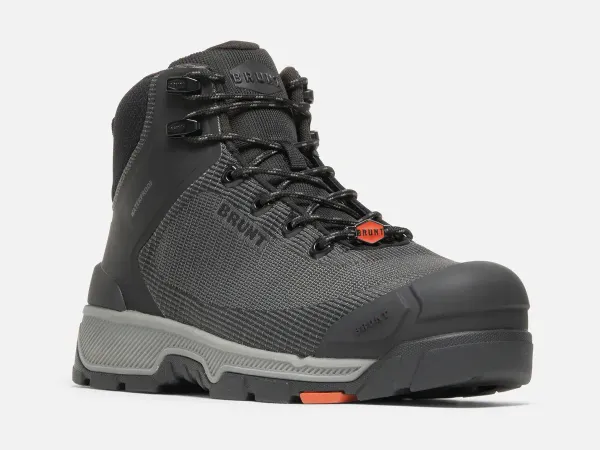VPN Shootout: Surfshark for the win

Most people now understand that VPNs are essential for privacy and security on the Internet. But which one should you choose? Surfshark gives you unlimited devices and strong privacy at a reasonable price. NordVPN brings deep features. ExpressVPN nails ease of use. PIA wins on control and value. Mullvad locks in privacy first. We did the research and provide the latest offerings with device limits, manual setup options, audits, court proven moments, and where services are blocked or limited.
VPN non-negotiables
Speed. Privacy that holds up in the real world. Streaming that just works. Easy apps that don't nag. Honest audits. Clear device limits. Solid router support. Help when countries start blocking. A way to configure things manually if you don't want to install an app. We searched far and wide to see which VPN providers do these things best.

Surfshark review
Surfshark hits the sweet spot for most people. You get unlimited devices on one plan, which is rare and very handy for families and shared homes, and the apps are quick and simple. Features like CleanWeb and MultiHop are easy to toggle. The company passed Deloitte privacy checks in 2023 and 2025 which backs the 'no logs' claim. The trust center lists some additional testing as well. If you run into CAPTCHAs, the new dedicated IP can fix that pain in many cases. Manual setup guides cover WireGuard, OpenVPN, and IKEv2 if you prefer not to install the app.
Surfshark benefits
- Unlimited devices per plan
- Strong audits by Deloitte
- Clear manual guides if you dislike apps
- Dedicated IP now in more places (which cuts CAPTCHAs)
- Solid price to feature mix
Surfshark considerations
- CAPTCHAs can appear on shared IPs if you do not buy a dedicated IP (workaround is easy)
- Turkey and a few regions try to block access to sites and apps
- India locations are virtual (which is normal now across the market)

NordVPN review
NordVPN is a good pick for the power user. The network is big. NordLynx is fast. You also get Double VPN and Onion over VPN. The audit history is solid with recent Deloitte checks in 2024 and 2025. Ten devices per account will cover most homes. Obfuscated servers help in places with deep packet inspection. Instructions exist for OpenVPN and IKEv2 if you want to configure manually without an app or on routers. China often blocks the app so plan ahead and pull the IKEv2 steps if you travel. Renewal prices can jump so watch your billing date.
NordVPN benefits
- Deep feature set and fast NordLynx
- Strong audit track record
- Obfuscated servers for strict networks
- Ten devices per account
NordVPN considerations
- App is often blocked in China (use manual IKEv2 if needed)
- Renewal pricing can spike

ExpressVPN review
ExpressVPN is the 'easy' button of the bunch. The apps are clean. Lightway feels snappy. The router app is best in class, and the Aircove router even had third party audits. You can skip the app and use OpenVPN manually on Mac, Windows, and Linux. Lightway is app only (which is fine for most people). The company passed KPMG and Cure53 checks, and it had a real world test when Turkish police seized a server and found no logs. Device limits now scale by plan from ten to fourteen. Split tunneling had a Windows bug in 2024, and that was disclosed and fixed which shows healthy disclosure. Apple pulled the app from the China store years ago so if you planned on using it there you will need to find other options.
ExpressVPN benefits
- Very simple apps that feel fast
- Router app and audited Aircove hardware
- Audits and a public test in Turkey
- Up to fourteen devices on the top plan
ExpressVPN considerations
- Price is higher than rivals
- Lightway is app only if you want manual control
- Split tunneling on macOS is limited

Private Internet Access (PIA)
PIA is the technologist's choice because everything is open source. You get port forwarding which helps for torrents and home labs. Unlimited devices is a big plus for big households. There are full guides for OpenVPN and WireGuard including routers. PIA passed a Deloitte audit and it has a history of saying no to law enforcement requests for logs (which showed up in a 2016 subpoena story). The biggest concern for some is the United States base (which some users avoid on principle). Streaming can be hit or miss in some regions.
PIA benefits
- Unlimited devices
- Open source apps
- Port forwarding for power users
- Manual control is top notch
PIA considerations
- US base is a concern for some
- Streaming can require trial and error

Mullvad
Mullvad is the privacy purist choice. No email needed. You get an account number and you pay then you connect. Five devices per account. It offers a strong manual setup with WireGuard for routers and desktops. New QUIC disguise helps in tough regions by making VPN traffic look like normal web traffic. Police tried to seize data in 2023 and left with nothing (which backs the no logs stance). Streaming is not a focus for this provider, and many platforms block their IPs. Mullvad will end OpenVPN support on Jan 15 2026 so plan to use WireGuard going forward.
Mullvad benefits
- Privacy-first model with audits and a clear stance
- Great manual control with WireGuard
- QUIC disguise helps in heavy censorship
Mullvad considerations
- Five devices only
- Streaming success is low
- OpenVPN goes away in 2026

Where these VPNs run into blocks
Turkey has banned access to many VPN sites and services including Surfshark and CyberGhost. Workarounds still exist and providers post mirrors when they can. Russia has blocked large numbers of VPNs and keeps pressure on app stores. China pushed Apple to remove many VPN apps in 2017 which still matters for iOS users in country. India forced data retention in 2022 so top VPNs removed physical servers and now use virtual India locations.
Legal and real world signals
- ExpressVPN had server seized by Turkish police in 2017 in a murder case. No logs found. This backed the 'no logs' claim in practice.
- PIA faced an FBI subpoena in 2016. The company said it had no logs to share and the agent pursued other leads.
- Mullvad had a police raid in 2023. Officers left with nothing. No customer data was taken.
- IPVanish is not in the main five here. It belongs in the record. In 2016 it handed logs to DHS which did not match its no logs claim at the time. New owners later commissioned audits. Something to consider if IPVanish is on your list.
Streaming and real world annoyances
Mullvad does not focus on streaming and many platforms block its IPs. If you plan on streaming often, you're better off with another provider. PIA may be adequate, but some users report blocks in the US. Surfshark has very wide streaming support but you can see frequent CAPTCHAs on shared IPs. A dedicated IP can help. ExpressVPN and NordVPN both handle streaming well and rotate IPs often. Your results can still vary from week to week.
Router and whole-home setups
ExpressVPN has a polished router app and even sells a router with the app built right in. It has been audited twice (which is rare for router firmware). Surfshark, NordVPN, PIA, and Mullvad all work on many consumer-grade routers with OpenVPN or WireGuard. Mullvad and PIA are the most flexible for DIY router builds. If you want the simplest option then go with ExpressVPN’s router app.

Picks by need
- Best overall for most: Surfshark for unlimited devices and strong audits
- Best for power users: NordVPN for depth and speed
- Best for effortless setup: ExpressVPN for apps and router ease
- Best for control and value: PIA for unlimited devices and port forwarding
- Best for strict privacy: Mullvad for a lean model and clear stance

Final take
If you want one plan for a pile of devices then you should go with Surfshark. It blends price, privacy, and day to day ease. NordVPN is the feature king for people who like knobs and switches. ExpressVPN keeps things smooth and shines on routers. PIA gives you control and unlimited devices for a fair price. Mullvad is the privacy purist pick and has honest limits. Any one of these can work well. Match the pick to your habits and where you travel.





